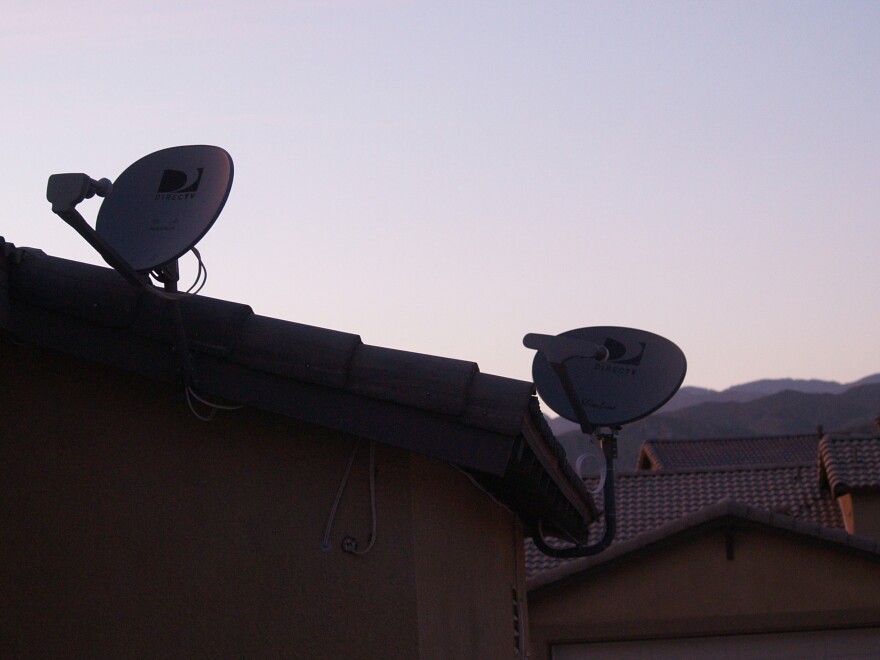Florida’s communication services tax is being cut July 1—something Gov. Rick Scott has been calling for since the beginning of this year’s legislative session. But a recent court case on the issue could make the tax a bit more expensive for the state.
The state levies a tax on things like phones and television, it’s known as the communication services tax or CST. They get tacked onto the monthly bill, and many don’t even realize they’re there.
“I’m not familiar with them at all,” Jennifer Browder says. “I’ve never noticed how much I pay in taxes.”
Browder lives in Wausau, FL and spends about $140 a month on television.
“I have DISH satellite,” Browder says, “that’s the service that we use at our home.
Under the new budget, the state portion of the tax is getting cut by almost two percentage points. It’s a decrease to just under five percent for cable television customers. But Christian Weiss, a policy coordinator in the governor’s office, explains satellite is a little different.
“You see that satellite is not subject to a local option tax rate because of federal law,” Weiss says. “Federal law prohibits local option rates on satellite bills. It does allow however a statewide rate which is the statewide rate of 10.8 percent.”
Weiss came before the House Finance and Tax Committee in February to show off the governor’s planned cuts. But in the meantime the First District Court of Appeal has ruled the state’s higher rate violates the U.S. Constitution’s Commerce Clause.
The Florida Department of Revenue is appealing, but if the ruling sticks, satellite customers could see their tax rate drop almost six points.
So what would that mean for Browder? In round numbers her bill would drop from about $140 to $130 a month. But even if the tax disappeared completely, she’s not sure how big an impact it would make on her life.
“Well, some months it seems like that would represent a big deal,” Browder says, “but probably not huge. You know, not really. I want it to be more important than it is, but clearly I never looked at it.”
And that presents a question state lawmakers will have to continue grappling with. A broad-based cut like communication services touches almost everyone, but it does so lightly. And it’s not cheap. CST made up about $300 million of the $428 million tax cut included in this year’s budget. If the court’s decision holds, bringing satellite taxes into line with cable could add another $70 million or so to the price tag.



